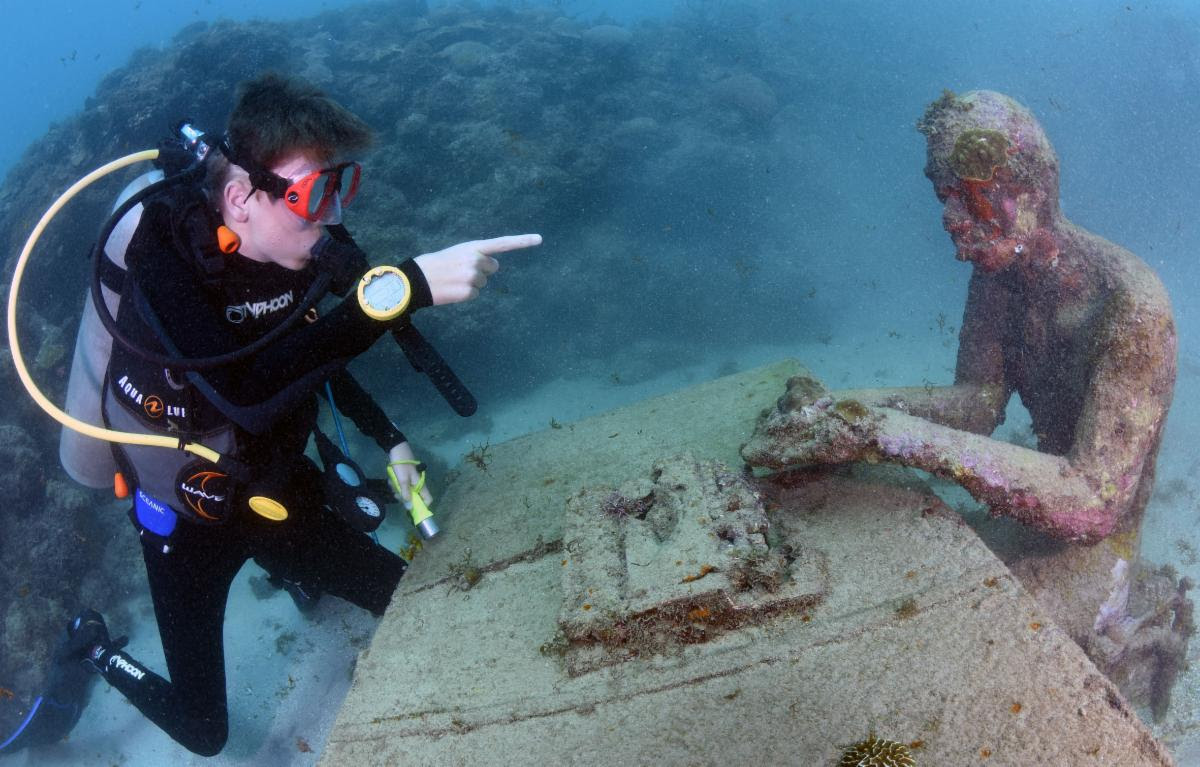Sept. 14, 2014, CNS, – Peter Cerdá is the Regional Vice President in the Americas for IATA, the trade association whose 240 member airlines transport more than 84 percent of total air traffic. He leads a multinational team of professionals which proactively pursue IATA’s industry priorities with governmental authorities and industry stakeholders to make the air transport industry safer, more secure, efficient and profitable.
Peter possesses a wealth of senior industry experience acquired over a long and successful career in aviation. Most recently, he served as Regional Director for Safety, Operations and Infrastructure for the Americas and Atlantic until 2013.
Fluent in English and Spanish, Peter was born in Spain and received his Master’s Degree in Aeronautics and Aviation Management from Embry Riddle University and a Bachelor of Business Administration at Florida International University.
- What is your earliest memory in aviation? My first aviation memory is of what probably was one of my first flights at around three years old. I still remember boarding an Iberia 747 at JFK airport for a flight to Madrid. Even at such a young age it is something I remember to this day.
- What attracted you to the aviation industry? For me, aviation runs in my blood- both literally and figuratively. I was born into an aviation family, both of my parents worked for airlines. The passion I have for aviation was instilled in me at a young age and I thank my parents for it.
- Which part of your job do you most enjoy? There are many aspects of my job I enjoy but what I found the most rewarding of all is when I see how IATA is contributing to make a very safe industry even safer.
- What are the particular challenges for the industry in the Caribbean? The Caribbean is a key market for aviation but it is not without its challenges. One of the most important ones is ensuring governments understand that aviation is a powerful economic enabler. A third of global trade by value is shipped by air, around $7 trillion. Aviation facilitates global supply chains, is vital for the expansion of tourism and spurs employment. Right now too many governments view aviation as a cash cow and not as an ally and enabler of economic growth and development. The Caribbean is a region of the world where taxes and charges can make up more than 50 percent of the ticket price travellers pay to fly. The unfortunate result of this is less people fly to the Caribbean than they would if the taxes and fees were more reasonable. Many of the region’s nations are missing out on the economic development they would tap into with more robust air connectivity.
- What are you most looking forward to Caribbean Aviation Day? Caribbean Aviation Day is an excellent opportunity for the region’s stakeholders to establish best practices and explore strategies across diverse topics from sustainable market growth to the improvement of the customer experience. I’m also looking forward to the discussions about the ways aviation is fostering economic growth and the role automation and integration of data is playing in improving the border crossing experience for passengers.
- What keeps you awake at night? Something that is always on my mind, even when I should be resting is thinking of additional ways we can break down the barriers that prevent our members from becoming profitable businesses while ensuring air travel continues to be more and more accessible to the general public.
- Final Words? A century ago an entrepreneur, a pilot and a single passenger performed the first commercial flight from St. Petersburg to Tampa, Florida. Since then, our industry grew quickly. This year we will connect 3.3 billion passengers and 52 million tonnes of cargo over 50,000 routes with 100,000 flights a day. And today 52 percent of the world’s tourists travel by air. In a region like the Caribbean where tourism is so intertwined in the local economic fabric, governments need to be aware of the important role of aviation and ensure they treat the industry as an economic enabler and partner and not as an easy source of short term funding.



